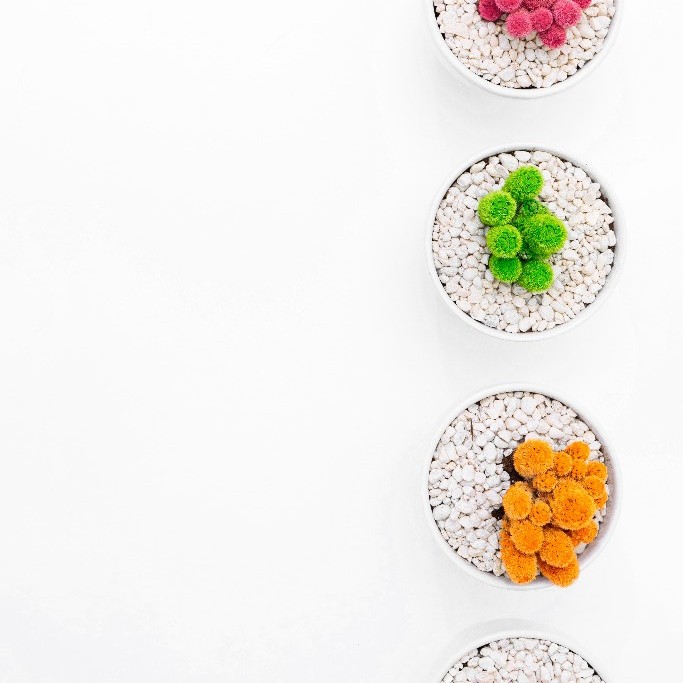Have you ever obtained amazing results that contradict previous theories? "We have run the exact same experiment. I found X. You found Y. Why?" What was your reaction? “It is all my fault. I must have done something wrong” or “Interesting, I never thought about that before…” Have you been in this conversation with a collaborator? If all looks well in your experiment, why not trust the results?
Unexpected results? If all looks well in your experiment, why not trust them?
Immunohistochemistry, western blot, or any other application. Are you at times baffled or even disappointed about the unexpected outcome of your experiments? An unpredicted or negative result may be both frustrating and exciting at the same time. Maybe the scientific hypothesis addressed was wrong in the first place. It could also be due to inexperience, poorly planned experiments as well as faulty reagents; inadequate training, lacking scientific knowledge, or poor experimental and/or analytical skills.
On the other hand, unexpected results, and even mistakes may be of paramount value for new and important discoveries! Many scientific discoveries in history have been serendipitous. Just recall the iconic discovery of penicillin by Alexander Fleming in 1928.
Every failed experiment confers changes to the researcher's perspective. As such, the researcher is able to hone his skills and become better at researching. Failure also helps to change the experimental design by showing researchers what works.
Negative results are annoying and even depressing at times and unfortunately difficult or impossible to publish. If you have the patience and trust in yourself any of the newly described negative data might perhaps lead to something new and even more interesting. There is also the possibility that the negative results may not be negative at all.
Although it may seem an awful waste of good resources and time confirming theories by reproducing each other’s experiments is one of the cornerstones of the scientific process. But why might the same experiment yield different results?




